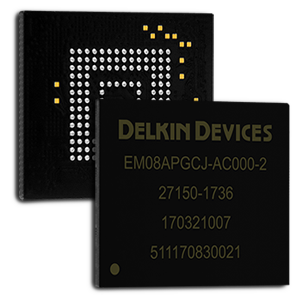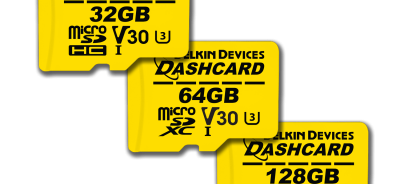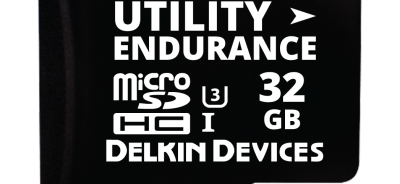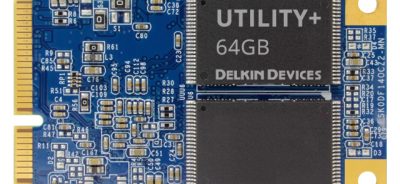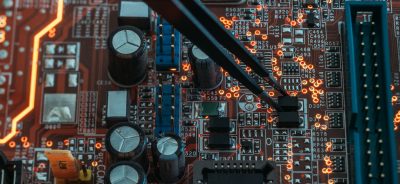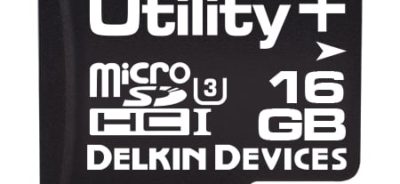What Is eMMC?
eMMC stands for embedded MultiMediaCard. It refers to an embedded technology in which both the flash memory and the flash memory controller are on the same die. This technology was developed as an embedded version of the MultiMediaCard in 1997, and since then, it has been integrated into a wide range of products. Industrial grade eMMC technology is ideal for rugged operating conditions and is widely used, especially in trains, where it must withstand high temperatures, shock, and vibration without any loss of function. Industrial grade products also offer higher levels of data security.
What are the benefits of combining the flash memory and controller on the same die?
Many of today’s applications have replaced hard disk drives, or HDDs, with solid state drives—SSDs—and flash memory. Although having a dedicated controller for writing and reading data via the application CPU was once standard, designers soon realized the inefficiencies of this kind of design, especially as semiconductor technology advanced to allow for ever increasing levels of data storage density. As this density increased, having an outside controller was increasingly problematic, so the eMMC technology was created. Over the years, the capabilities of eMMCs have dramatically increased, and now it is possible to use eMMCs in applications in which high-resolution video storage and other high-density storage solutions are necessary. eMMC storage can also be used as a boot drive in many applications, and can be soldered directly to the main board.
Where can eMMC storage be used?
In the consumer market, eMMCs can be found in many mobile devices, including smartphones, tablets, and navigation devices. In the industrial market, eMMC technology is often found in trains. eMMCs have many advantages for a variety of industrial applications thanks to their extended operating capabilities, including the ability to tolerate temperature extremes and fluctuations as well as high levels of shock and vibration. Additionally, eMMC technology can be equipped with several security features, including secure bad block erase commands and Enhanced Write Protection, with permanent and partial protection options.
What is the role of lifecycle management for eMMCs?
Lifecycle management is critical if you are planning to use eMMC storage in industrial applications. All industrial grade eMMC technology from Delkin incorporates lifecycle management and a controlled bill of materials, or BOM, to ensure that you don’t experience unexpected failures in the field.
Are you interested in eMMC options for your industrial application? The Delkin product team is here to answer any questions you may have and help you decide how you can get the most efficient technology for your needs. Contact us today for more information.
 Login
Login Register
Register


